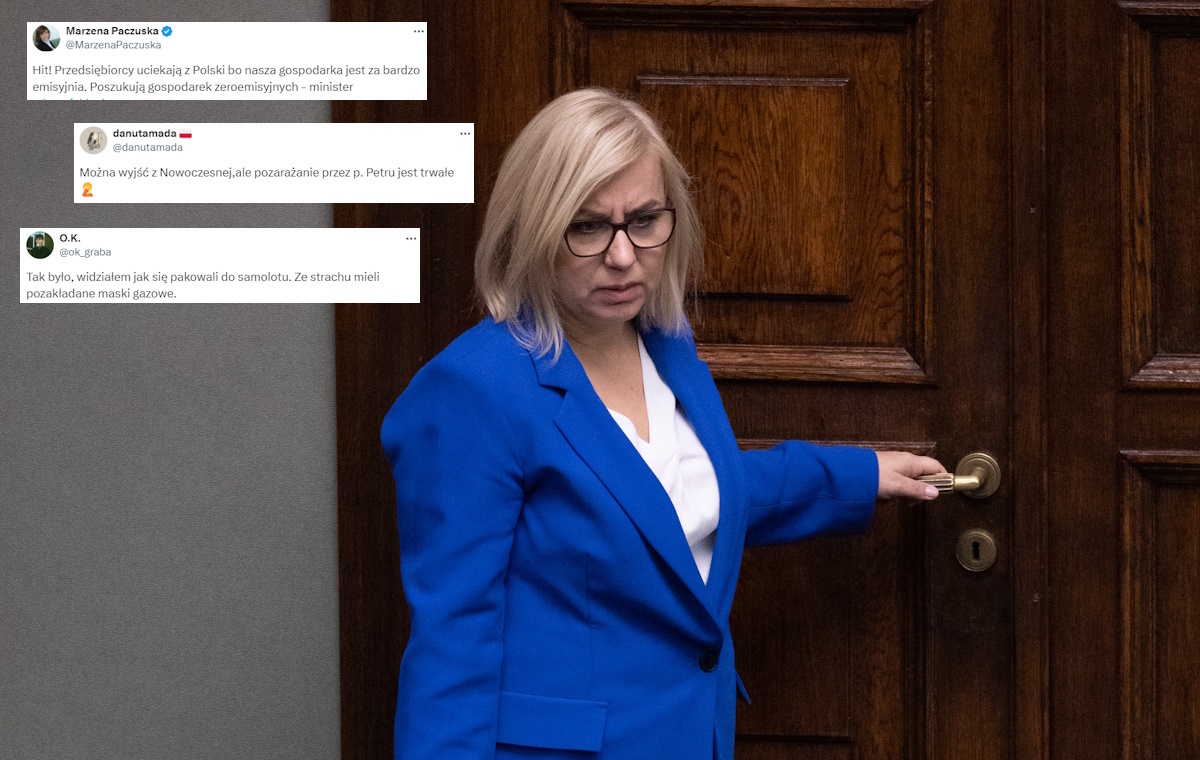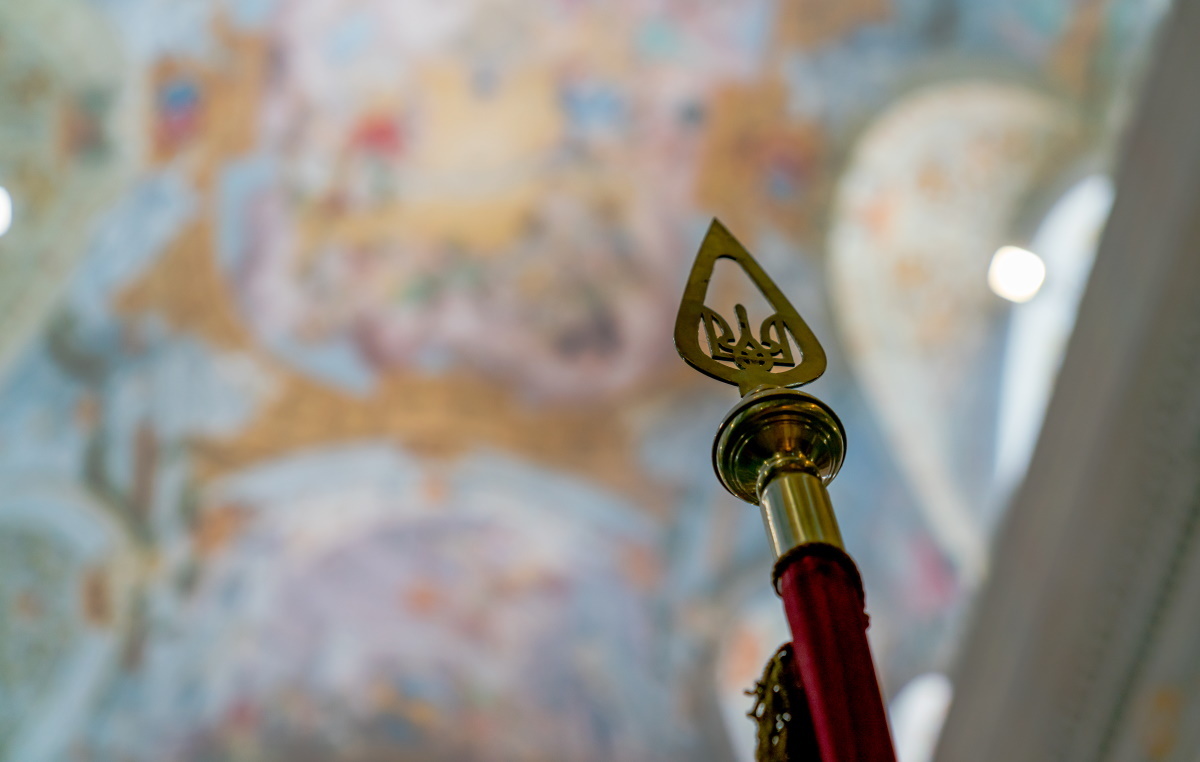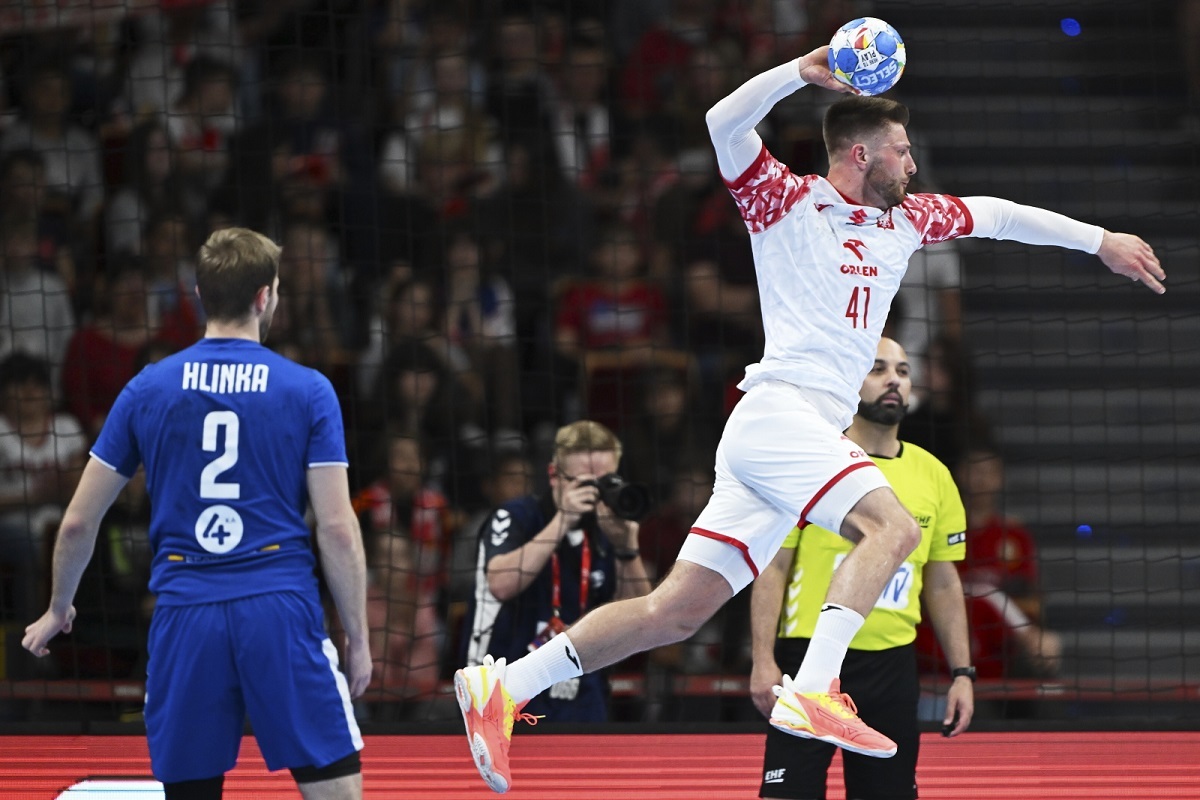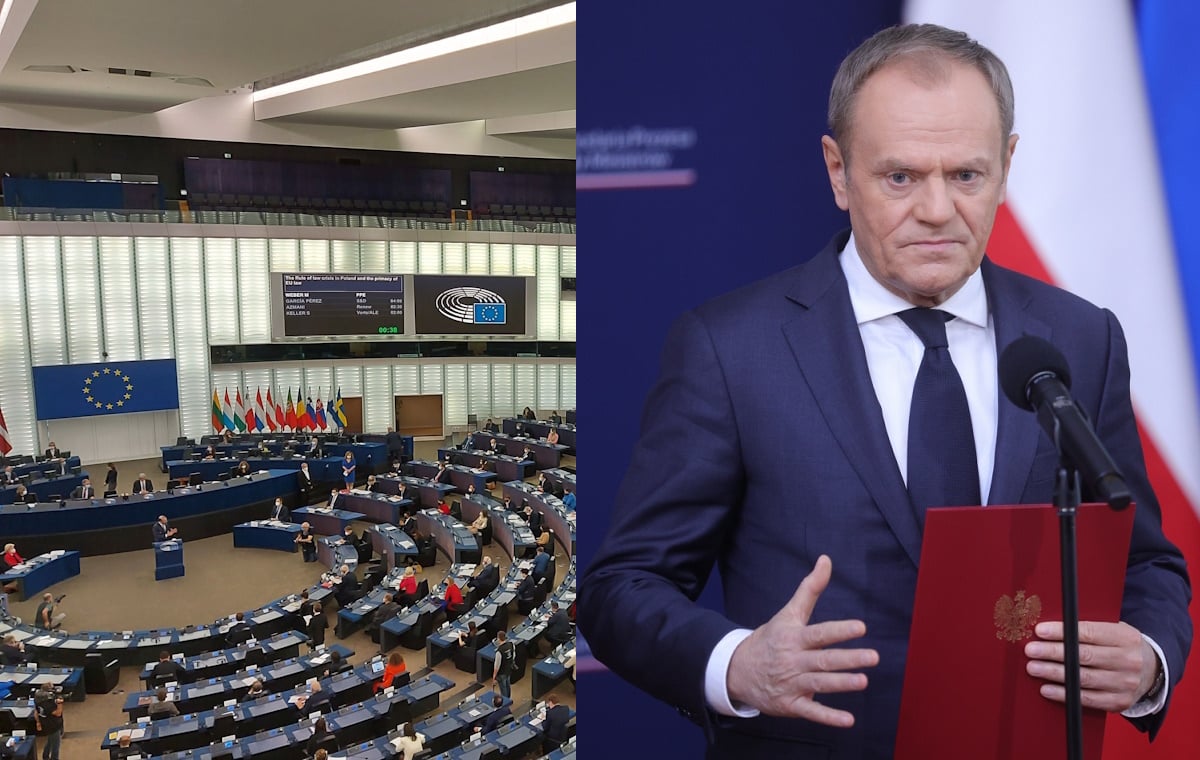A group of German activists seeks to commemorate Polish victims of World War II.
A group of German activists, led by architect Florian Mausbach, former Bundestag President Wolfgang Thiers and historian Dieter Bingen, is seeking political approval to build a monument in Berlin to commemorate the victims of the German occupation of Poland. The initiators have received support from several politicians. However, this proposal was opposed by left-wing activists (Die Linke) who wanted to commemorate all the victims of World War II in the East. In this narrative, the emphasis is on Red Army soldiers and Soviet prisoners of war. This was difficult for the initiators of the construction of the Polish memorial site to accept.
– This will be a meeting place that has never existed in Berlin before – said Prof. Aleida Assmann, was asked about the possible form of a monument to commemorate the victims of the German occupation in Poland. Assmann, who is a major figure in German discussions on the politics of memory, was a guest at a debate on this topic. The discussion took place on Tuesday at the initiative of Topography of Terror, a Berlin museum and center documenting the crimes of National Socialism. Some 200 people – Bundestag members, historians, journalists and students – packed the room to consider the presence of Polish victims in German historical discourse and possible ways to honor them.
The idea of a monument to commemorate the victims of the Polish war and occupation was born in 2017 on the initiative of the capital's architect Florian Mausbach, former Bundestag President Wolfgang Thierse from the German Social Democratic Party and prof. Dieter Bingen, director of the German Polish Cultural Institute in Darmstadt (DPI). The initiators prepared an appeal that has so far been signed by 115 people, including prominent representatives of the various political constituencies sitting in the German parliament. They also include CDU politicians, such as Paul Ziemiak, who recently became the party's general secretary, and Elmar Brok, who has been a member of the European Parliament since 1979. And beyond them, there are famous scientists, social activists and historians such as Timothy Garton Ash and Timothy Snyder.
The document attracted media attention, but no specific decisions were taken at that time. Interest in this initiative has revived as this year marks the 80th anniversary of the outbreak of World War II.
The initiators have found a place to build the monument. This is Askanischer Platz, near the center of Berlin. – There is a lot of free space there, and nearby, at the entrance to the S-Bahn underground station, you can place information boards or photos about historical events – said Florian Mausbach in an interview with DGP. The architect believes the memorial site will become a mandatory stop for Poles visiting the German capital.
Jochen Böhler of the Friedrich Schiller University in Jena, a historian specializing in the German occupation of Poland, refers to the shape of the Monument to the Murdered Jews of Europe, Berlin's most famous memorial site. – There is an information center where visitors can learn more about the history of the Holocaust and the meaning of the monument itself – he explained during the debate. – Our goal is to make a political decision this year regarding the creation of the monument – said Mausbach. The decision must be taken by the Bundestag, because the monument refers to national history. Support from the likes of Brok, Thierse and Ziemiak makes a positive decision in this case very likely. The next step is to announce an architectural and construction competition. – It may take two to five years – predicts the architect.
Participants in Tuesday's debate presented arguments about the need to remember Poland's war victims. Professor Assmann points out that in Germany the memory of Dresden, completely destroyed by Allied bombing, is still alive, but few people have heard of the destruction of the Polish capital by the Germans after the fall of the Warsaw Uprising. Assmann reminded that the German perception was that there were 3 million Jewish victims murdered on occupied Polish soil, but there was no awareness that the second number of Adolf Hitler's victims were native Poles. Dr Böhler, in turn, added that for most of his compatriots, the actions of the Third Reich in the East began in 1941, when German troops attacked the Soviet Union. – The Polish occupation was ignored – he admitted.
Mausbach also points out that although Poland has bordered Germany for a thousand years, the two countries have not seen their common ties emphasized as much as they were in 1963 in Franco-German relations, when West German Chancellor Konrad Adenauer and French President Charles de Gaulle signed the Elysee Treaty. – A monument can be a symbol – argued the architect. Emilia Mansfeld, head of the DPI's Berlin office, believes that on the anniversary of the outbreak of war, more politicians will be interested in the idea. – The Bundestag resolution regarding the toll of National Socialism in Poland is also important, Mansfeld said, pointing out that the call of its initiators caused this topic to become prominent in German public opinion.
– The ongoing discussions have allowed us to organize many side initiatives, exhibitions and discussions that are changing the German perception of the wartime events that took place on Polish territory – he added.
However, in Germany there are also those who oppose the warning of just one national group. Left groups have prepared a motion demanding the creation of a memorial site for all the victims of National Socialism in Eastern Europe. The conclusion contains information about Hitler's murderous attacks and policies in Poland, but places it in the broader context of the Third Reich's policy towards Slavs.
The document devotes a lot of space to the victims of the Soviet Union: civilians, partisans and Red Army soldiers. The Left's proposal also contained direct references to the idea of Polish monuments. “Current discussions regarding the commemoration of victim groups should not lead to an artificial disruption of the context of the course of events related to the murderous Nazi ideology of 'Slavic sub-humans',” Left politicians argued. The proposal was scheduled to have its first reading in the Bundestag today, but was canceled yesterday.
– This proposal will disappear in the vote. The extreme left is isolated in the German parliament, says Emilia Mansfeld. DPI representatives believe that, paradoxically, the request of Left politicians will also help publicize the Polish monument initiative.
– The idea of jointly commemorating the victims of the German occupation of Poland and the Soviet Union is unthinkable in Poland – said DGP Florian Mausbach. The architect recalls that in 1939, Hitler attacked Poland with Stalin's approval, and during the war Poland suffered not only from German aggression, but also from the Soviet Union.
So far, 115 people have signed the initiators' appeal

“Reader. Future teen idol. Falls down a lot. Amateur communicator. Incurable student.”




